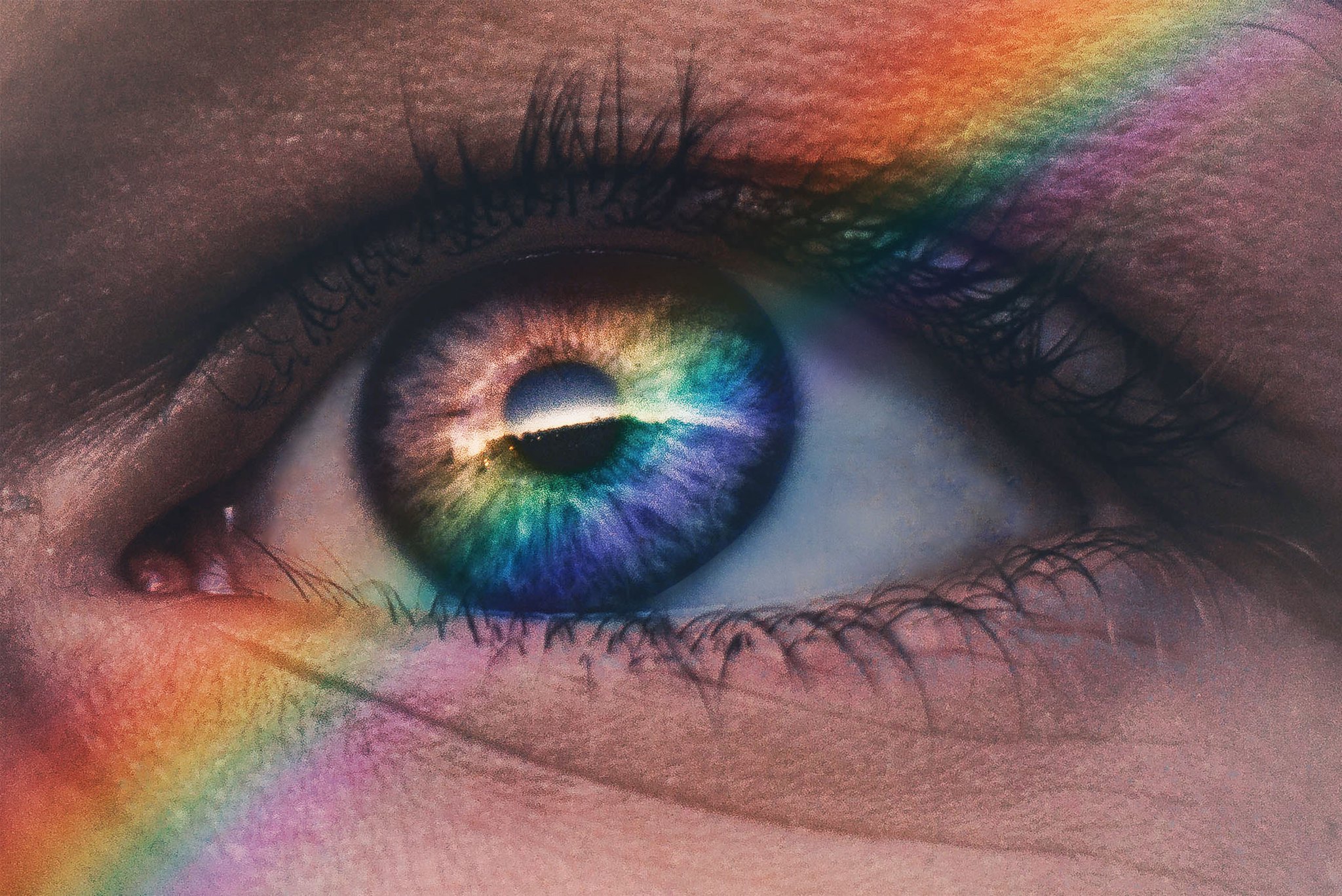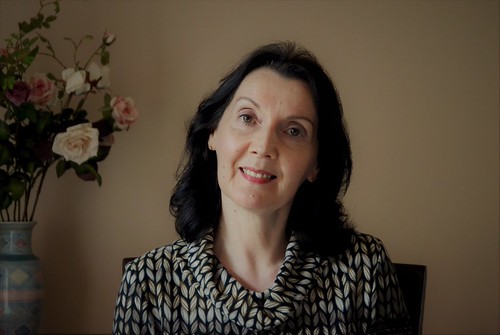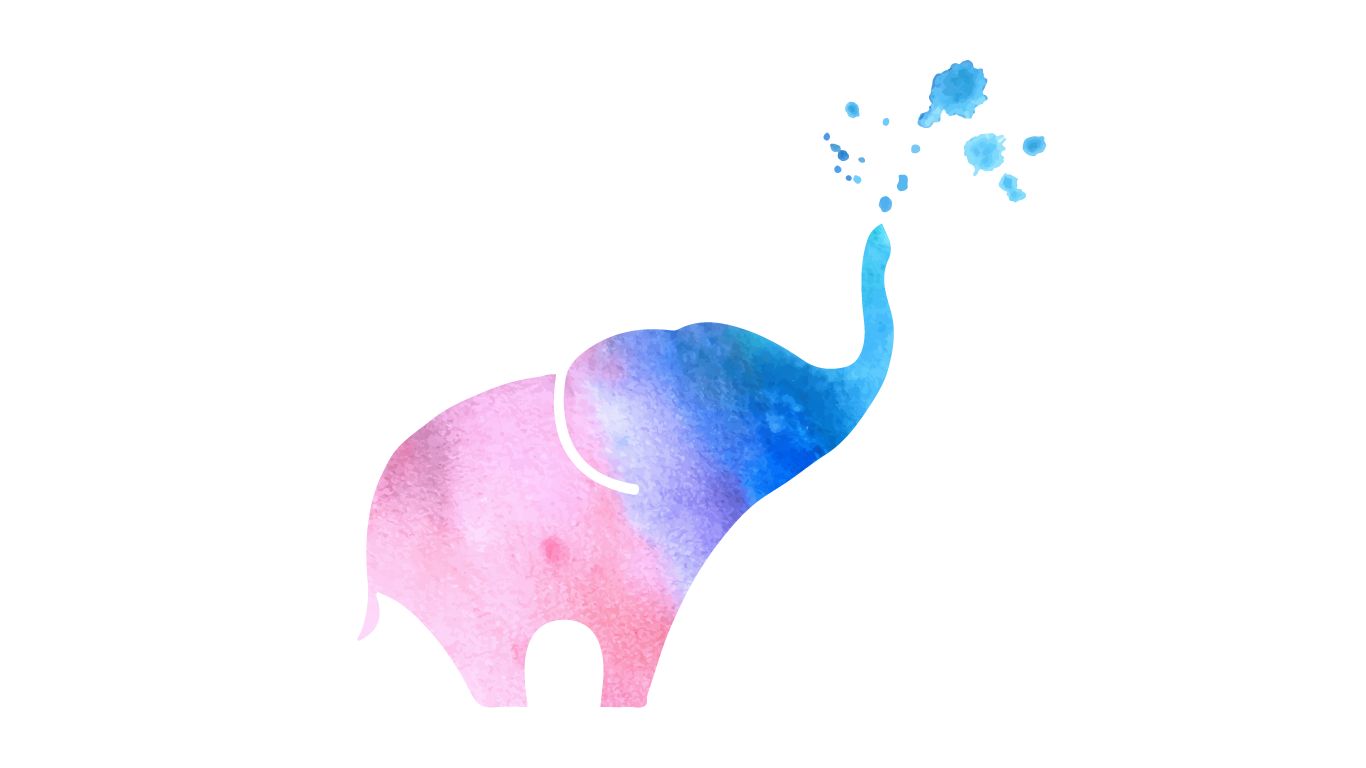Crying Is Therapeutic
“The soul would have no rainbow had the
eyes no tears.” – John Vance Cheney
Why do we feel so much better when we have
a good cry? I see it as a safety valve releasing those pent-up emotions such as
frustration, illness, death, or hearing and reading about a sad event. Each one
of us will cry in a different way for a number of reasons and it is so
important that we do.
Tears are a natural response to suffering
and also accompany feelings of compassion. Embracing these emotions through
compassion allows us to feel empathy, and when we step into the shoes of
someone who is suffering, our empathy may release those tears and this is what
makes us human. In the world of psychology, tears are seen
as painkillers. I like to think of them as painkillers for the troubled soul.
Tears very often denote a breakthrough where a client has been able to see a
pathway through the darkness, and it is moments like these where tears replace
words. Crying is not always attributed to sadness and therapists often find
themselves crying tears of happiness with their client when a particular
milestone has been reached - this serves to strengthen the bond between
therapist and client.
The benefit of crying when we experience
severe emotional turmoil is brought about by the production in our brains of
powerful painkilling chemicals, and our tears are one of the ways these
chemicals are distributed, another reason why we often feel better after a good
cry.
Crying leads to a sense of
calmness, the storm for now is over, and even though it may not solve your
problems, it will certainly alleviate the stress which is not only damaging to
your health but will make any situation seem much worse than it is.
To me crying holds hands with laughter, is a
friend of scowling, enjoys a cup of tea with smiling and is part of a team
which makes up our very human expressions.




0 comments